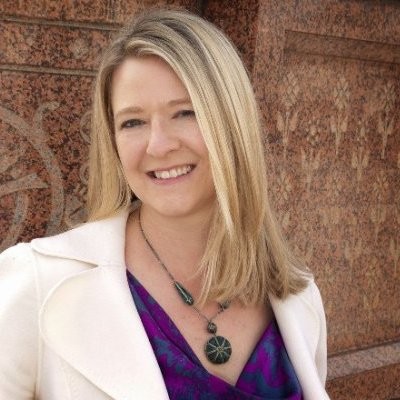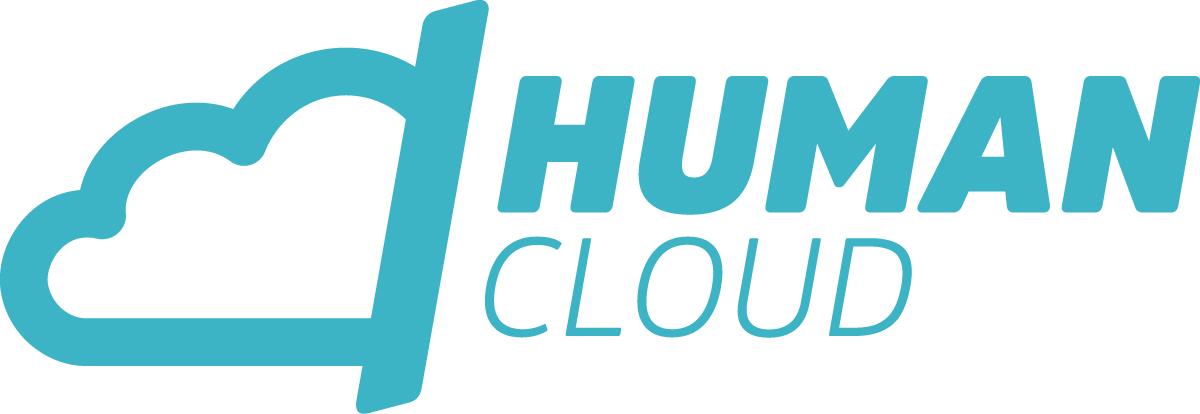Elizabeth MacBride
Co-Author of The New Builders, Founder at Times of Entrepreneurship
Welcome to our Leader Portal, where you can learn from tactical experts, not thought leaders. We place our stamp of approval on each leader so you can trust their insights are tactical insights, not sales pitches.
Enjoy!!! 👊

Leaders, we’ve seen record numbers of new businesses post pandemic. No one better understands this than Elizabeth.
Our favorite quote from Elizabeth:
It’s about getting into the meta so that you can examine. I think the process works like this. I think you get into relationships with people who are different than you who make you a little bit uncomfortable. And then you figure out, you increase your empathy with exercise, right? And when you start to feel empathy for people who are different than you, it helps you develop your critical thinking skills, because then you’re like, Oh, I’m feeling uncomfortable. He’s just said that, whoa, that makes me feel X. Why do I feel X?
Other great quotes (full transcript at the bottom):
Elizabeth:
Journalism has, unfortunately lost about half its workforce in the past five years. We went from being like 80,000 to 40,000 professional journalists. So I’m truly kind of a dying breed. And I’m also I grew up in the era before the internet.
I think it’s actually going back to the early days of tech. You know, in the early days, a big chunk of the tech community was about changing the world, right? I mean, there’s a lot of that narrative that’s hidden, there’s, and we go into it a lot in the book, actually, the way that the Silicon Valley narrative is both been created, and is not accurate. And the way that created narrative has now taken over the definition of business and entrepreneurship. And we write a ton about that in the new builders. And it’s one of the things that that really bugs me, honestly. Right, but because I do think it’s important to ask that question. And in fact, I was just talking to another journalist who’s working on a story for times of entrepreneurship, about the creative economy and NFT’s. And the whole thing. And I said, she was all you know, it’s blowing up, the different platforms are doing this, that the big companies are doing this, that and she interviewed a vice president at Facebook, and is doing this. And I said, Well, okay, but just ask, just ask them all, how much money? Are the people on your platforms actually making? Right? Are you like, creating some kind of platform that’s just gonna transfer value to venture capitalists? Because not cool, right? Are you creating a platform that’s going to help people make a living? And in addition, it transfers value to venture capitalists, okay, like fine, but if it’s doing one and not the other, somebody has got to call bullshit on that, right? And I’m happy to do that.
You’re still an entrepreneur, if you build another kind of business. You know, you don’t have to play that game of getting backed by the VC and doing the pitches and the accelerators. You can if you want, but there are other ways to be an entrepreneur.
The rules of our economy have just come to favor big businesses. For one thing, there’s government policies that actively favor big businesses, especially in the tech world. Those are the result of a lot of decisions Bill Clinton made to keep the Internet free. And what it did is it loosened the reins on the growth of big business. So small businesses have a much harder time getting off the ground.
A similar force that has meant that fewer people are choosing to become business owners in America is that in developed economies, they have more options. And so worldwide, do you see entrepreneurship decline in developed economies?
I think what’s going on now is that post pandemic people are like, those corporate jobs really suck, right? I do not want to be doing those. Like it just became so clear during the pandemic that people were miserable at their jobs. And so now they are thinking, Okay, I’m going to start a business. So we’ve got this huge, we’re hitting like 20 years, hot 20 year highs of people forming businesses right now, post pandemic, 5 million new business applications last year, according to the census bureau. So there’s a big explosion.
post pandemic, 5 million new business applications last year
But I think the important thing is to recognize that the deck is stacked pretty high against those new entrepreneurs. And that’s what we need to focus on now, making it easier for the people who have discovered in themselves, hey, I can create a life that’s not corporate, I can go off and do my own thing. And if there’s a good chance, it’s going to make me happier. So they’re coming at it from a great space, but they’re gonna hit these obstacles. And so I think it’s really on all of us to like, lower some of those barriers to success so they can keep doing what they’re doing grow with their businesses do whatever they want.
Matt Coatney:
We talk a lot about how technology has lowered the barrier to barrier to entry and the friction for a lot of type of work. But there’s other aspects of running a business where that barrier to entry and that friction is as bad or worse. And I think that’s that’s the key point. And I think about, you know, just the sheer volume of like, if you start a business, you need a lawyer, you need an accountant, you need all these things, to understand all the regulations, I think that’s one of the barrier to entry. So it’s just difficult. It’s complex and convoluted, and you have to sort of sort it all out, and you need to pay someone a bunch of money to do that.
